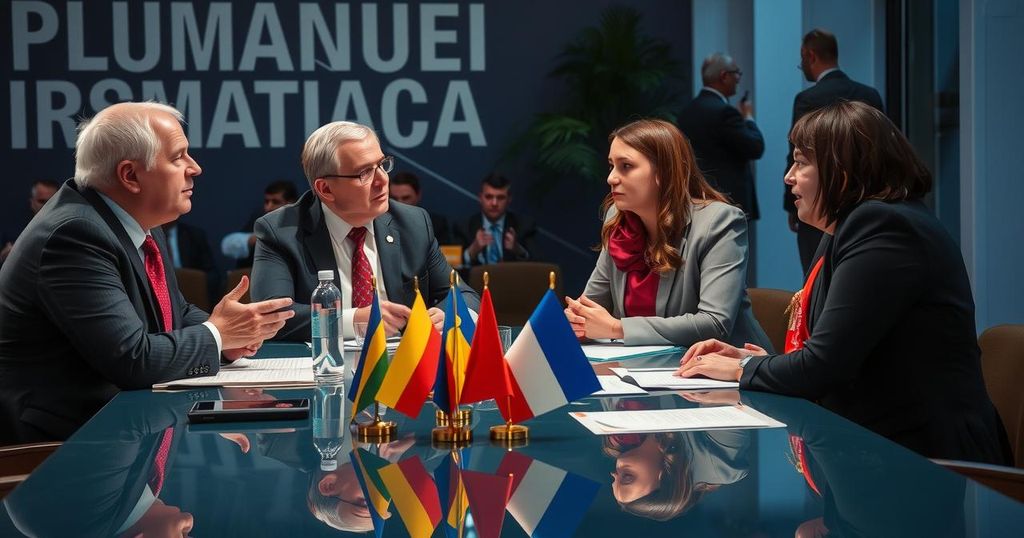Romanian Presidential Election Annulled: A Crisis of Democracy

Romania’s Constitutional Court annulled the presidential election to protect against foreign attacks, creating political turmoil. This unprecedented decision raises significant concerns regarding the country’s democratic processes and future stability.
The recent decision by Romania’s Constitutional Court to annul the presidential election between two rounds of voting has sent shockwaves throughout the nation. This unprecedented action aims to safeguard democracy against perceived foreign interference. As Romania grapples with the implications of this ruling, the political landscape remains uncertain and rife with challenges. The court’s intervention poses significant questions about the integrity of the electoral process in one of Europe’s key members of both the EU and NATO.
In the context of Eastern Europe, Romania stands as a crucial partner within both the European Union and NATO. The integrity of its democratic processes is essential not only for the nation but also for regional stability. The Constitutional Court’s dramatic decision to cancel ongoing electoral proceedings indicates deeper issues concerning national sovereignty and the influence of external forces in domestic affairs. Historically, Romania has faced scrutiny regarding its electoral integrity, making this crisis particularly poignant.
The annulment of the presidential election by Romania’s Constitutional Court marks a critical moment in the nation’s democratic history. As political tensions escalate, the implications of this ruling will likely resonate beyond Romania, potentially influencing electoral policies in other EU member states. The fundamental principles of democracy face rigorous tests, highlighting the delicate balance between national security and democratic governance.
Original Source: www.politico.eu








